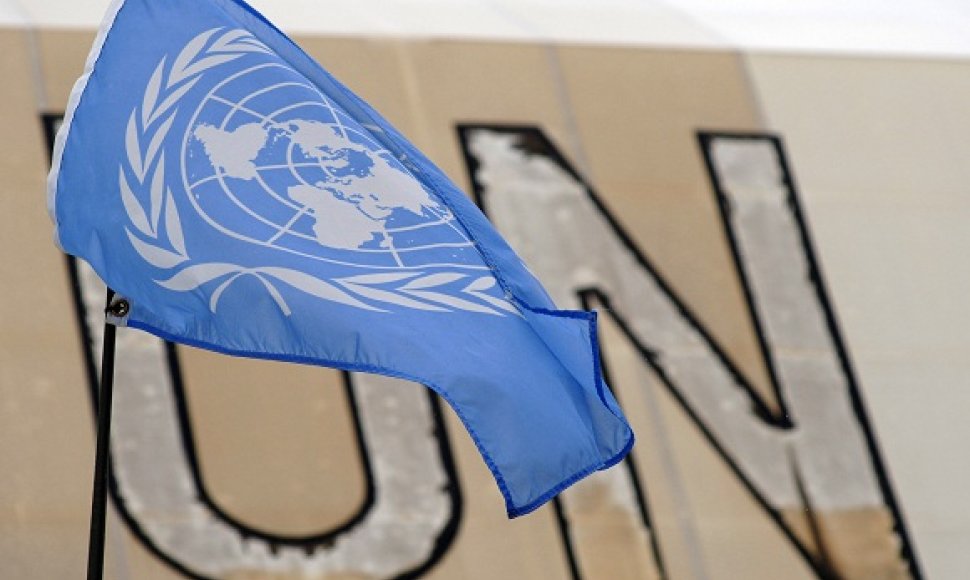According to the Lithuanian Ministry of Foreign Affairs, during the hearings, Belorussian representatives "failed to formulate consistent answers to the committee's questions, gave information contradicting written statements previously provided by Belarus, forcing members of the committee to specify answers by the Belorussian delegation on several occasions."
"Based on the information provided by Lithuania and Belarus, the committee plans to soon produce draft conclusions and recommendations on the evaluation of Belarus' actions regarding the implementation of the nuclear energy project," the ministry said in a statement.
Lithuania filed the complaint in June 2011 claiming that Belarus' actions fail to meet the requirements of the Espoo Convention as Minsk has so far not replied to Lithuania’s questions, public hearings and bilateral consultations have not been organized, and, in the meantime, the project is being further developed.
Belarus started preparatory work for building the nuclear power plant at the construction site in Astraviets, only 50 km away from the capital of Lithuania, in January 2009. However, Belarus invited Lithuania to participate in the environmental impact assessment process only in August 2009. The Espoo Convention sets out that the construction of the object that has a trans-boundary impact on other countries should begin only after the completion of the environmental impact assessment, after answering questions raised by affected countries and after organizing public hearings.
According to the data of the Lithuanian Ministry of Foreign Affairs, not only Lithuania, but also the European Commission has objections to Belarus' actions, and informed Minsk in writing the environmental impact assessment procedures under the Espoo Convention had not been completed and it had questions Belarus still needed to answer.












